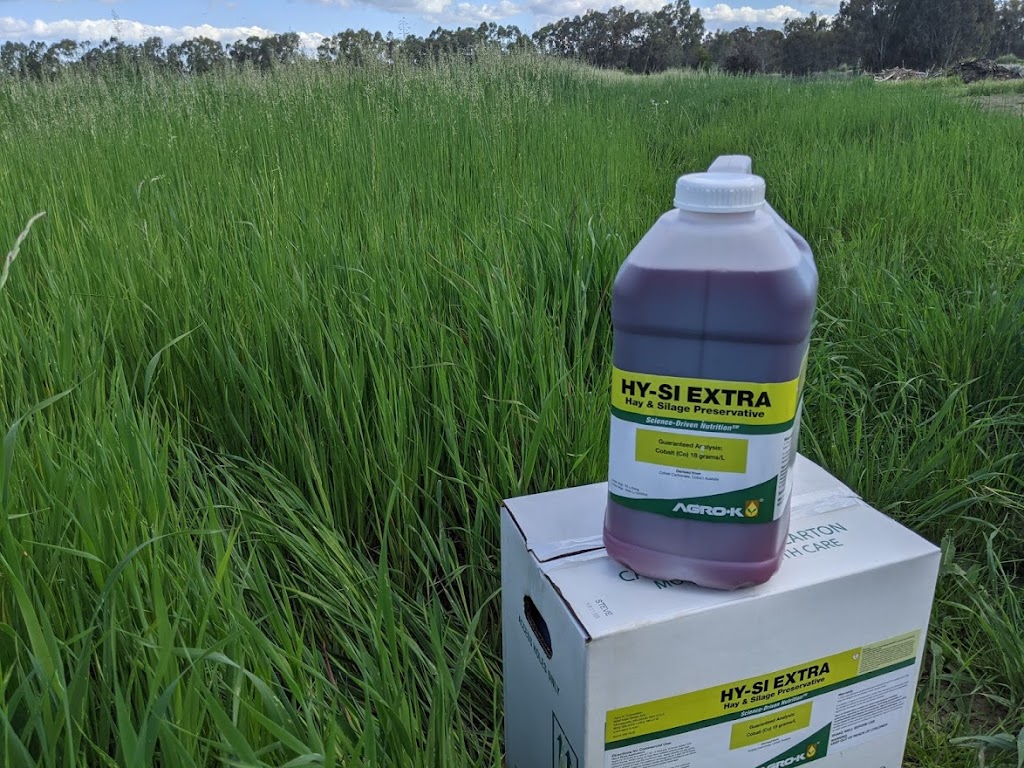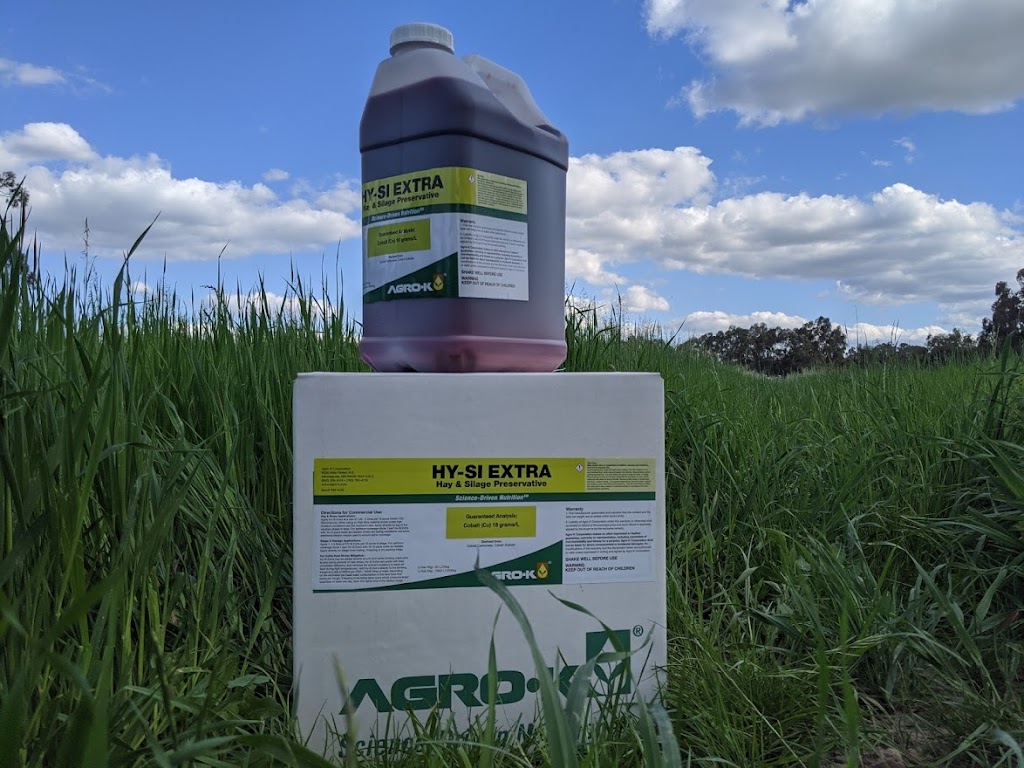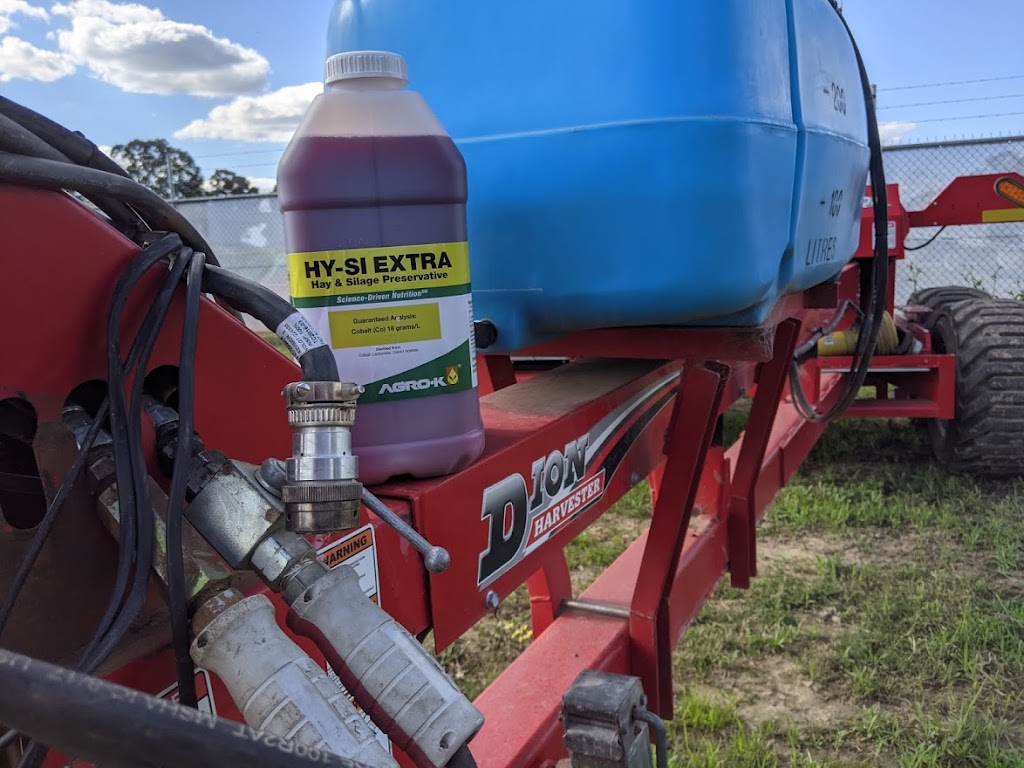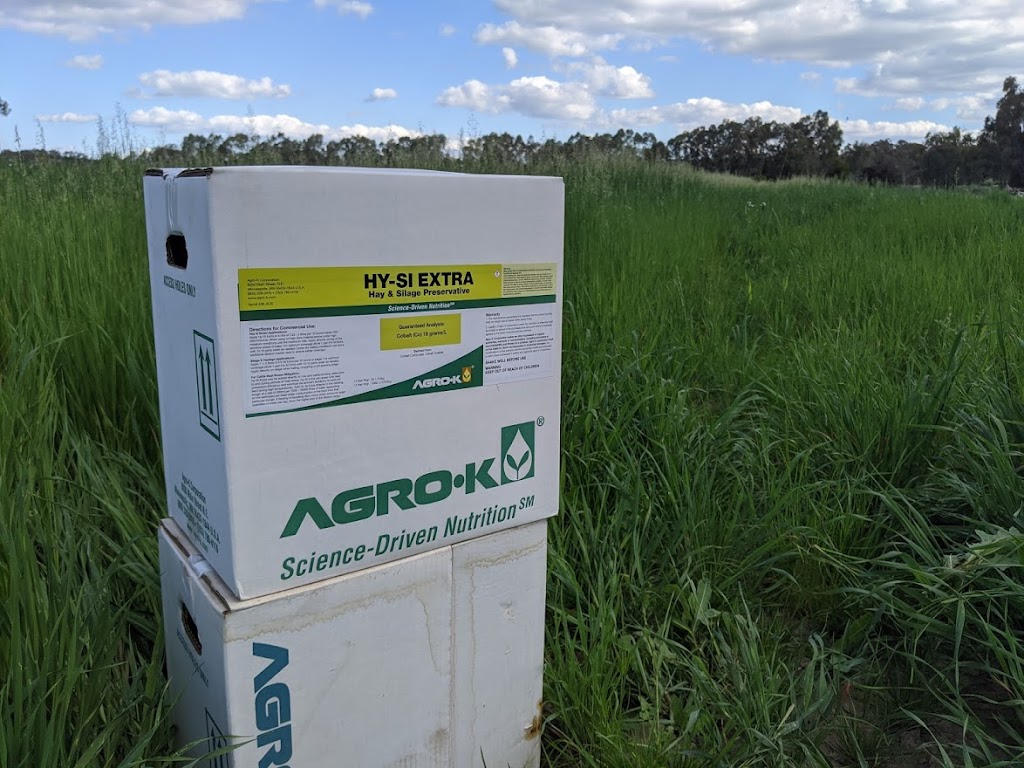Hy-Si Silage Inoculant
The coordinates that you can use in navigation applications to get to find Hy-Si Silage Inoculant quickly are -36.1044536 ,146.8568077
Contact and Address
| Address: | 30 Moloney Dr, Wodonga VIC 3690, Australia |
|---|---|
| Postal code: | 3690 |
| Phone: | (02) 6000 1987 |
| Website: | https://hy-si.com.au/ |
Opening Hours:
| Monday: | 8:00 AM – 5:00 PM |
|---|---|
| Tuesday: | 8:00 AM – 5:00 PM |
| Wednesday: | 8:00 AM – 5:00 PM |
| Thursday: | 8:00 AM – 5:00 PM |
| Friday: | 8:00 AM – 5:00 PM |
| Saturday: | Closed |
| Sunday: | Closed |
Location & routing
Reviews
There are no reviews yet!
You can review this Business and help others by leaving a comment. If you want to share your thoughts about Hy-Si Silage Inoculant, use the form below and your opinion, advice or comment will appear in this space.
Photos of Hy-Si Silage Inoculant




Hy-Si Silage Inoculant On the Web
Hy-Si Silage Inoculant - 30 Moloney Dr, Wodonga VIC 3690, Australia
Hy-Si Silage Inoculant is located in City of Wodonga of Victoria state. On the street of Moloney Drive and street number is 30. To communicate or ask something with the place, the Phone number is (02) 6000 1987. You can get more information from their website.
Silage Inoculants - Ontario
Silage inoculants are additives containing anaerobic lactic acid bacteria (LAB) that are used to manipulate and enhance fermentation in haylage (alfalfa, grass, cereal) and corn silage. A more efficient fermentation is the desired result. The primary benefits expected are reduced fermentation losses, and often improved animal performance.